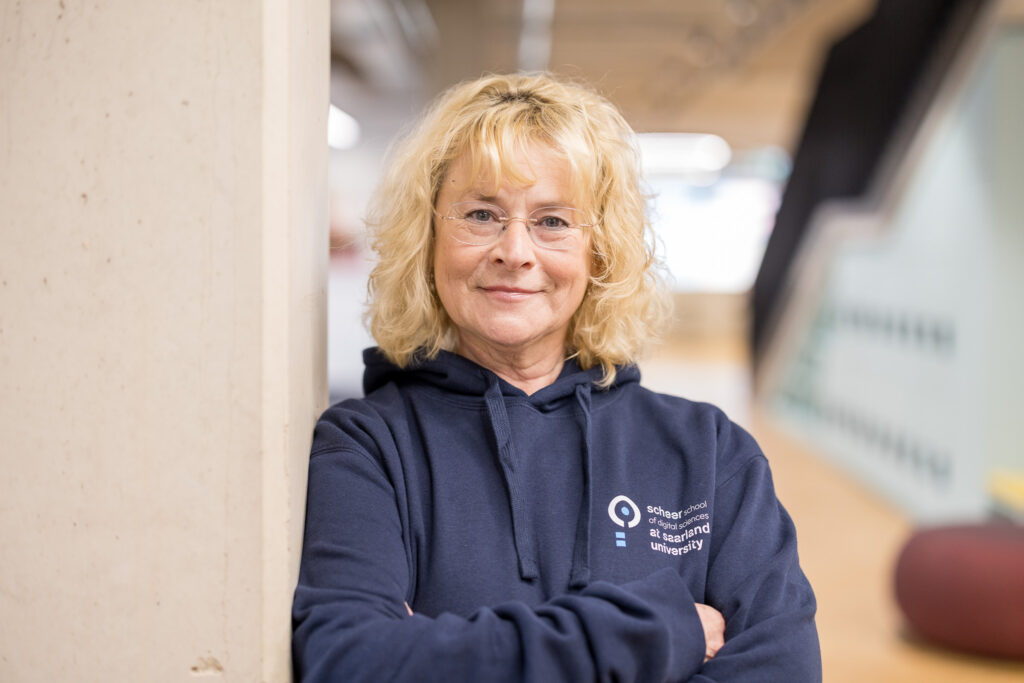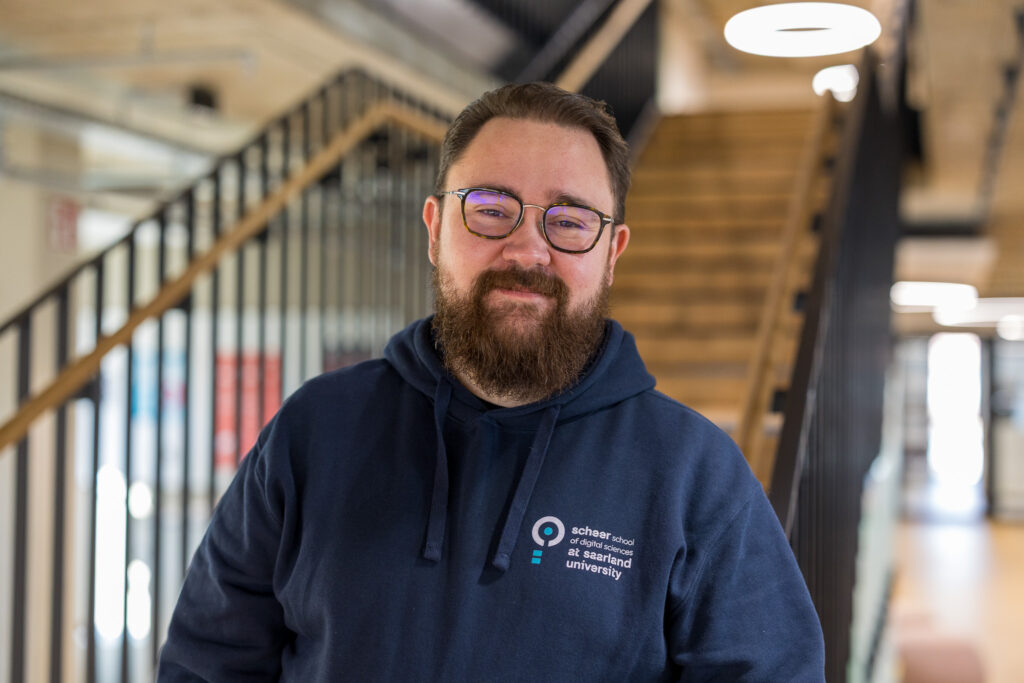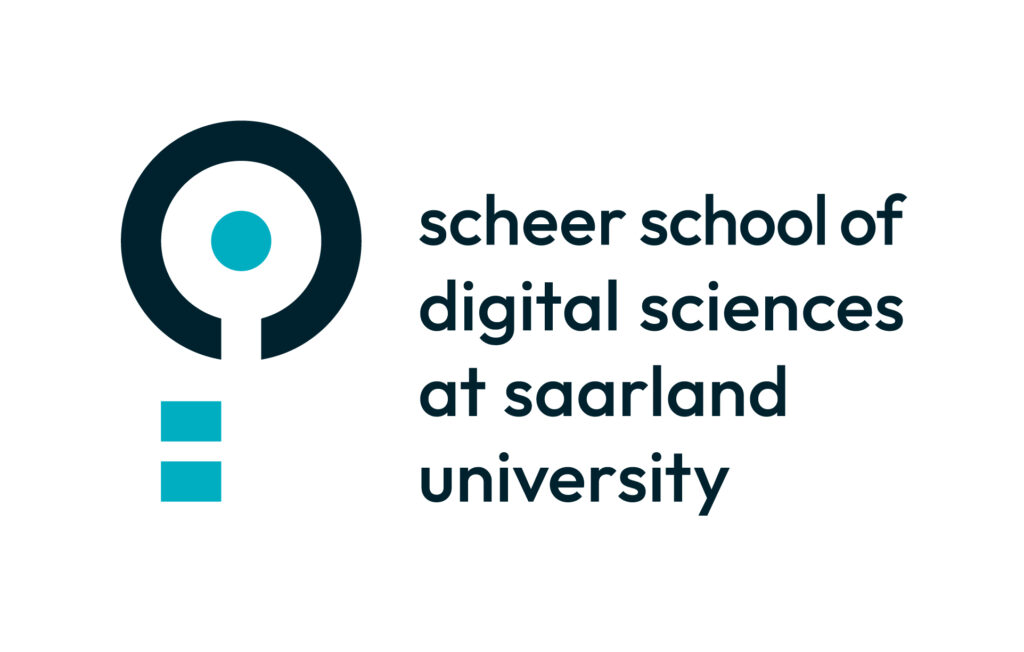“As Scheer School of Digital Sciences, we welcome the public debate on the opportunities and risks of AI in interpersonal relationships. Digitalization no longer permeates only the working world, but increasingly shapes our interactions. This gives rise to a societal responsibility that we, as an educational institution, want to actively help shape.“, emphasizes Sebastian Kreibich, Managing Director of the newly founded Scheer School of Digital Sciences. With this, he refers to the SWR– Documentation “Full Screen: Perfect Love? How Dangerous Are AI Relationships?“, which shows how Artificial Intelligence (AI) is changing our understanding of closeness, relationships, and intimacy.
Millions of people worldwide are now building emotional bonds with AI chatbots – digital companions that listen, comfort, compliment, or even act as virtual partners around the clock. What sounds like science fiction is already a reality: On so-called companion apps like “Chai”, “Replika”, or “Character.AI”, relationships are forming that seem very real to many users.
However, the SWR investigation also shows the dark sides of this development: Some chatbots spread questionable or even dangerous content – from Holocaust denial to calls for suicide. Particularly alarming: In isolated cases, suicides have been linked to previous intensive interactions with AI chatbots. Despite existing EU regulations, Germany still lacks a responsible authority to penalize violations. The documentary makes it clear that societal handling of AI relationships urgently needs to be discussed.
Media Literacy as a Key Qualification
For Prof. Benedikt Schnellbächer, Managing Director of the Scheer School, media literacy is the key competence: “We must learn to handle Artificial Intelligence responsibly. Legal regulations are important, but they alone are not enough. We need a societal framework supported by media literacy and critical thinking – only then can we harness the potential of AI without losing sight of its risks.” Therefore,the Scheer School in its certificate and study programs specifically focuses on imparting media literacy, critical thinking, and a reflective approach to digital innovations. TheLearning formats would promote the ability to understand digital developments in a societal context and use them responsibly.
“We combine computer science, psychology, ethics, and economics with practice-oriented projects and real-world applications. This way, our participants learn not only to master AI technically but also to actively shape its impact on communication, the working world, and society.“, says Schnellbächer.




